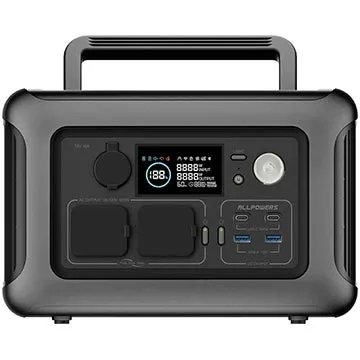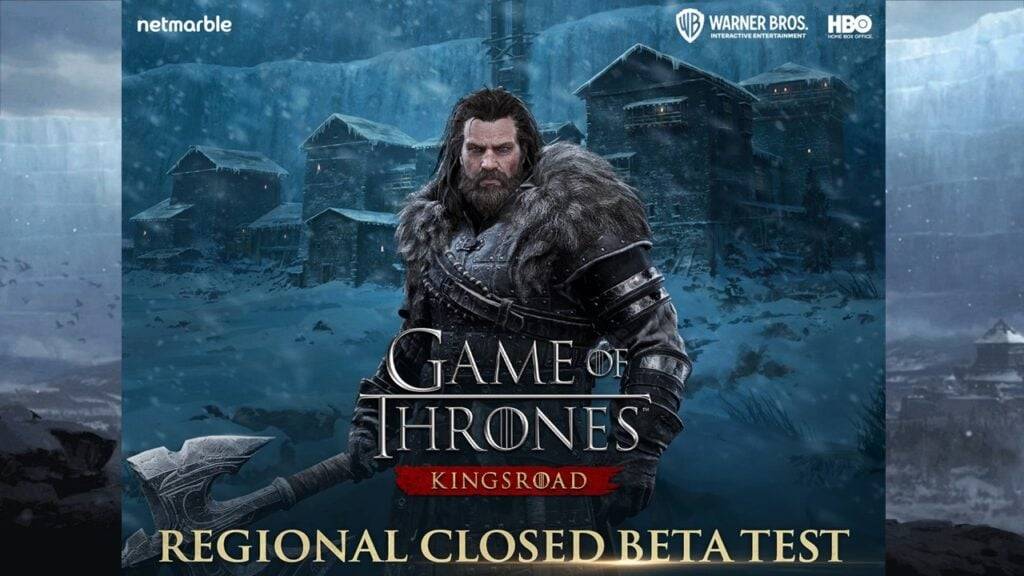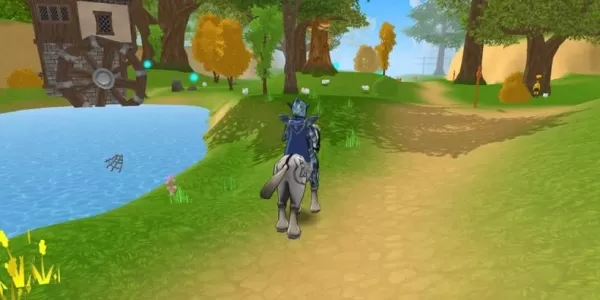The Screen Actors Guild - American Federation of Television and Radio Artists (SAG-AFTRA) recently updated its members on the ongoing negotiations regarding protections for video game actors against the use of AI. While some progress has been made, SAG-AFTRA remains "frustratingly far apart" from the video game industry's bargaining group, which represents major AAA gaming companies, on several crucial issues.
To illustrate the disparities, SAG-AFTRA has provided a comprehensive chart that outlines the differences between their proposals and those of the bargaining group. Key issues still unresolved include:
- Protection from digital replica or generative AI use for all work, not just work produced from the date of the agreement going forward.
- A definition of "digital replica": SAG-AFTRA proposes including any performance, vocal or movement, "readily identifiable or attributable to" a performer based on work contracts, while the bargaining group prefers the term "objectively identifiable," which SAG-AFTRA believes could exclude many performances.
- The inclusion of "movement" performers in the generative AI agreement.
- Using the phrase "real-time generation" to refer to AI-created performances, as opposed to the bargaining group's proposed term "procedural generation," which SAG-AFTRA argues has a different meaning in the gaming context.
- Disclosure requirements for whether an employer will blend an actor's voice with others to create a digital replica.
- Disclosure requirements regarding the use of an actor's voice for real-time chatbots versus scripted dialogue in game development.
- SAG-AFTRA's proposal to withdraw consent for digital replica use during strikes, while employers wish to continue using them even on struck games.
- The duration of consent for real-time generation: SAG-AFTRA suggests a five-year renewal period, whereas the bargaining group seeks unlimited consent.
- Disagreements on minimum payments for digital replica creation and use, though tentative agreement has been reached on bonus pay calculations.
- The bargaining group's proposal for bonus rights similar to those in the SAG-AFTRA TV/Film agreement, which SAG-AFTRA finds too broad and potentially circumventing union rights.
- SAG-AFTRA's desire to implement a system to track the use of digital replicas to ensure proper compensation, which the bargaining group considers unfeasible.
- Specific definitions and regulations around "synthetic" performers created entirely by generative AI systems.
Despite these unresolved issues, both parties have reached tentative agreements on several other points, including bonus pay, dispute resolution, some elements of minimum compensation, consent requirements, and certain disclosures to performers. However, SAG-AFTRA's national executive director and chief negotiator, Duncan Crabtree-Ireland, expressed concern in a letter to members that the bargaining employers may be misleading members about the closeness of a deal.
In his letter, Crabtree-Ireland highlighted the pressure on employers due to the ongoing strike, as SAG-AFTRA members continue to stand united in their demand for adequate AI protections. He warned members against taking roles that could undermine the strike and expose them to AI misuse without consent or compensation.
In response, Audrey Cooling, spokesperson for the video game industry bargaining group, stated that they have proposed a deal with over 15% wage increases, enhanced health and safety protections, industry-leading terms for AI digital replicas, and additional compensation for performances used in other games. Cooling expressed eagerness to return to negotiations to finalize a deal.
The SAG-AFTRA video game strike, now in its eighth month, was triggered by disagreements over AI provisions, despite agreement on 24 out of 25 other contract proposals. The strike's impact is becoming increasingly visible in the industry, with games like Destiny 2 and World of Warcraft showing unvoiced NPCs in previously voiced scenes. Last year, SAG-AFTRA struck League of Legends after Riot allegedly attempted to circumvent the strike by canceling a game. Activision also confirmed recasting characters in Call of Duty: Black Ops 6 due to player concerns about new voices. Most recently, two Zenless Zone Zero voice actors discovered their replacement through the game's latest patch notes.








